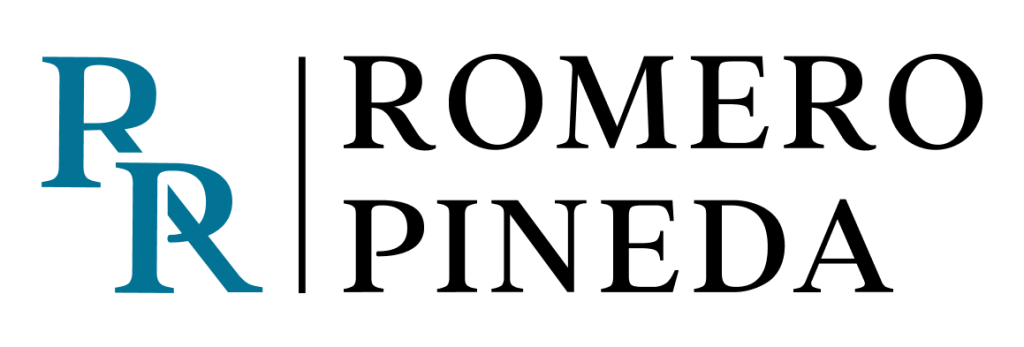Legal Considerations in International Business Expansion: Key Legal Aspects to Consider
By: Rodolfo Ramírez, Head of the Corporate and International Division

Part of the natural trajectory of commercial organizations is to eventually face the challenge of growth. When the limits of the original market have been reached, the only option left is to expand regionally or internationally. For this, a fundamental part of the strategic definition process is the PESTAL analysis, which considers Political, Economic, Social, Technological, Environmental, and Legal aspects. In this edition, we present an assessment of the important legal aspects that should be considered:
General Tax Framework
In any country that a business aims to enter, it is crucial to understand the tax treatment of the profits generated in that country and how they are affected by the expenses and costs necessary to generate those profits. It is also essential to define how these profits will be treated in terms of repatriation to countries considered to have low or no taxation.
Ease of Company Formation/Intellectual Property Protection
Depending on the country, there may be cases where it becomes necessary to create domiciled or local companies for certain types of business. In such cases, it is important to consider how easy each country has made it to establish companies or entities with or without legal personality for the specific business. In the case of El Salvador, municipal tax treatment must also be considered, as the tax calculation depends on the location. If operating in more than one location, what is paid in one location must be considered to avoid duplication in another. Additionally, many legal processes require municipal tax solvency. Protecting intangible assets, such as trademarks and patents, ensures better control over assets in the new market.
Customs Regulatory Framework
Another topic to consider is the customs treatment for any inputs that need to be brought into the country, especially when importing goods in general. This can include consumer goods and capital goods; each may have a special treatment depending on the type of good, the country of origin, the origin of its components, etc. All of this aims to determine their customs value to calculate the tax to be paid, using one of the various evaluation methods: a) Identical Goods Transaction Method, b) Similar Goods Transaction Value Method, c) Reconstructed Value Method, d) Deductive Value Method, and e) Last Resort Method.
Available Incentives Framework
This topic specifies the general tax issue and involves determining which social objects are incentivized and what the specific incentives are. For example, there are three main groups of tax incentives: free zone regulation, service center regulation, and technology manufacturing-related activities regulation (among other incentives, such as tourism). These regulations provide tax incentives for up to 10 years for income tax, VAT, and municipal taxes.
AML Compliance (Anti-Money Laundering)
Last but not least, it is important to highlight anti-money laundering regulations. These regulations were introduced in 1998 and have been adapted to international standards through the guidelines of the Financial Investigation Unit of the Attorney General's Office. One of these adaptations includes the obligation to have the services of a Compliance Officer or a Compliance Manager—depending on the market in which they operate—who is properly trained and registered with the referred unit. Proper advice in this area is crucial to understanding with whom you are doing business in El Salvador, avoiding legal risks associated with fines or losses due to asset forfeiture, maintaining relationships with banks, and managing reputational risks in general.
All these topics, as well as a PESTAL analysis, fall within the scope of the services we can provide to support your organization's strategic expansion objectives.

